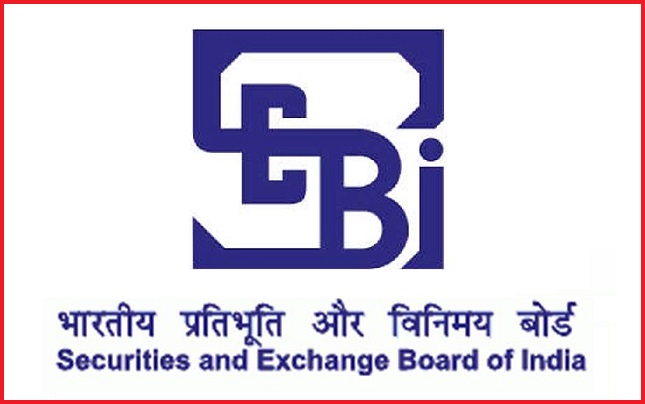Brief Facts of the Case
The Managing Director (“MD”) and the Compliance Officer (“CO”) were fined by the Securities Exchange Board of India (“SEBI”) on July 12, 2023, for breaking securities regulations related to the stock of Shilpi Cable Technologies Limited (“STCL”). According to the judgement, the Adjudicating Officer (“AO”) chosen by SEBI determined that receiving a demand letter according to Section 8 of the Insolvency and Bankruptcy Code, 2016 (“IBC”) qualifies as “unpublished price sensitive information” (or “UPSI”).
A SEBI examination of STCL’s stock was conducted. It was discovered during the examination that the share price of STCL decreased between April 26, 2017, and May 11, 2017, from Rs. 218.25 to Rs. 71.25 on the National Stock Exchange Ltd. (“NSE”), and from Rs. 218.35 to Rs. 70.95 on the Bombay Stock Exchange (“BSE”).
Decision of AO
The AO came to the conclusion in her judgment that the delivery of a demand notice is necessary under section 8 of the IBC in order to start a CIRP under section 9 of the IBC. The AO also ruled that receiving a demand letter is a sign that a corporation has neglected to fulfill its debt repayment obligations and may soon be subject to CIRP. If made public, this unfortunate incident might have an impact on the share price. As a result, the receipt of a demand notice fits the description of UPSI as stated in PIT Regulations regulation 2(1)(n).
It was further held that since the MD had close ties to organizations that had sold shares of STCL prior to the corporate announcement, it can be assumed that the MD had shared the aforementioned information with the organizations that traded based on it, which caused a sharp decline in the share price of STCL. As a result of the MD breaking the PIT Regulations and the PFTUP Regulations, the AO fined him Rs. 15 lakh.
Analysis of the Case
It is important to consider what constitutes UPSI before venturing into the analysis. Regulation 2(ze) of PIT Regulations defines UPSI as information regarding the company or its securities, directly or indirectly, which is not generally available; and if the information is made generally available, it is likely to affect the price of the securities. It includes (i) financial results; (ii). Dividends; (iii) change in capital structure; (iv) mergers, de-mergers, acquisitions, delisting, disposals, and expansion of business; (v) changes in key managerial personnel.
Whether a CIRP will be started when a demand notice is served on a corporation according to section 8 of the IBC is never guaranteed. According to IBC Section 8, in the event of a default, the operating creditor is required to provide the firm a demand notice. The business must notify the creditor of any prior disputes over the debt within 10 days of receiving the demand letter, or recognize the outstanding amount.
After considering the comments above, it can be said that the start of a company’s CIRP upon receipt of a demand notice is never guaranteed and relies on a number of factors until an order is made by the NCLT for the start of the CIRP after hearing the parties and considering all the relevant material.
In the current case, it is clear from the notices’ trading patterns that the sell transactions increased after the demand notice was received and the application for the start of the CIRP was submitted before the NCLT. The firm was finally accepted to CIRP and is now in the process of liquidation. As a result of the ruling, it is clear that the AO correctly identified the PIT violation; nonetheless, UPSI’s decision is inconsistent with current legislation.
Written By: Vartika Chahal


A gem in our community.
buy online lisinopril without prescription
Always delivering international quality.
They stock quality medications from all over the world.
how can i get cheap cytotec tablets
Comprehensive side effect and adverse reaction information.